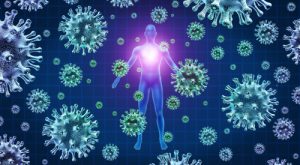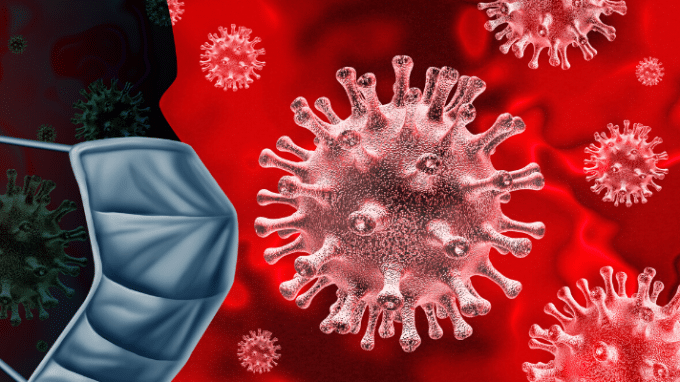Researchers are frantically attempting to identify any potential links between the coronavirus and fertility.
Coronavirus Overview
Coronaviruses are a family of pathogens that live inside the bodies of many people. In most instances, these microbes either do not cause illness or are responsible for minor upper respiratory issues like the common cold. However, every so often a potentially more harmful strain develops as is the case with the current pandemic-causing novel COVID-19 that has produced thousands of cases worldwide and has precipitated drastic actions amongst many world governments designed to ebb its rapid spread.
Method Of Transmission
Unfortunately, the virus is easy to transmit. This microbe can be ingested when expelled into the air by an infected individual sneezing or coughing. Moreover, this pathogen is capable of living on foreign but frequently touched surfaces, like countertops and doorknobs, for extended durations.
Individuals Most At Risk
The coronavirus can impact anyone. However, those most at risk of suffering potentially serious illness are young people with underdeveloped immune systems, those with compromised immune systems and the elderly population.
 Physical Manifestations of Coronavirus
Physical Manifestations of Coronavirus
In many cases, the illness elicits symptoms similar to those seen in common upper respiratory infections like the flu and common cold, including sneezing, coughing, nasal congestion, runny nose, wheezing and malaise. However, in severe manifestations, the ailment might progress into more serious medical problems like pneumonia, respiratory failure, and even death. Typically, however, severe manifestations and death are reported in individuals who possessed some serious underlying illness before contracting the virus.
Prevention
As prolifically spreading and as virulent as the illness might be, certain preventative actions might stop individuals from contracting it. Seemingly every healthcare professional and infectious disease expert stand in agreement that the most efficient preventative measure is routine handwashing with soap and warm water for a minimum of 20 to 30 seconds.
Other potential precautions include remaining home when ailing, maintaining a discernible distance from people displaying outward signs of illness, social distancing to contain the microbe’s progression and practicing optimal lifestyle habits, such as consuming a healthy diet, limiting stress wherever possible, getting enough exercise and obtaining adequate quantities of sleep.
If One Contracts The Coronavirus
Should someone test positive for the virus, the most immediate concern is preventing its spread to other parties. The person in question will likely be required to spend a specific duration, possibly as long as two weeks, in isolation to let the pathogen run its course.
At the present time, the virus has no specific cure. However, in most healthy adults, the ailment eventually goes away on its own. However, if the individual in question displays the more severe manifestations of the illness, they should seek immediate medical attention.
Coronavirus And Fertility
Male Fertility
Initially, medical professionals in China, which is where COVID-19 originated, claimed that there was a potentially serious link between coronavirus and fertility levels. These preliminary findings suggested that the pathogen could precipitate testicular damage and might also impact sperm quality. However, after these initial reports circled, these scientists retracted their beliefs. Nevertheless, they still maintain that any man who recovers from the illness should consider consulting with their physicians to examine the possibility of reproductive issues.
Pregnancy
Research is still ongoing in regards to examining the impact the coronavirus might have on egg health or quality. That said, many medical community members and fertility experts do not believe the illness poses any additional risks to pregnant women and it will not pass to the fetus during the gestation period.
Those Undergoing Fertility Treatments
Researchers do believe that undergoing some form of assisted reproductive technology, sometimes abbreviated as ART, should be postponed until after the illness has subsided. The final takeaway is that there does not seem to be a significant connection between coronavirus and fertility.





